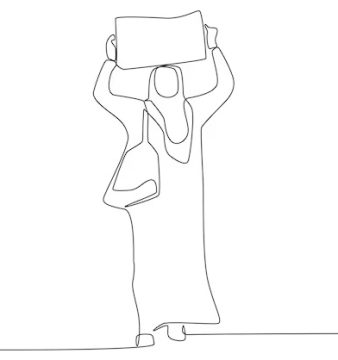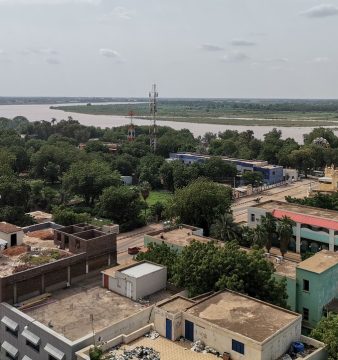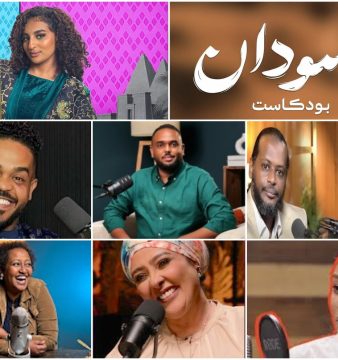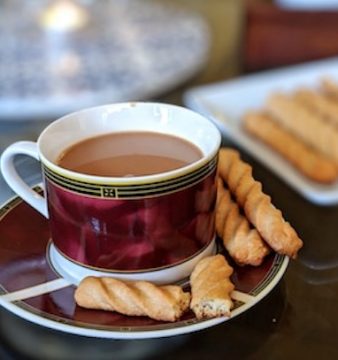Escaping A War-Torn Sudan: Building A New Home Foundation
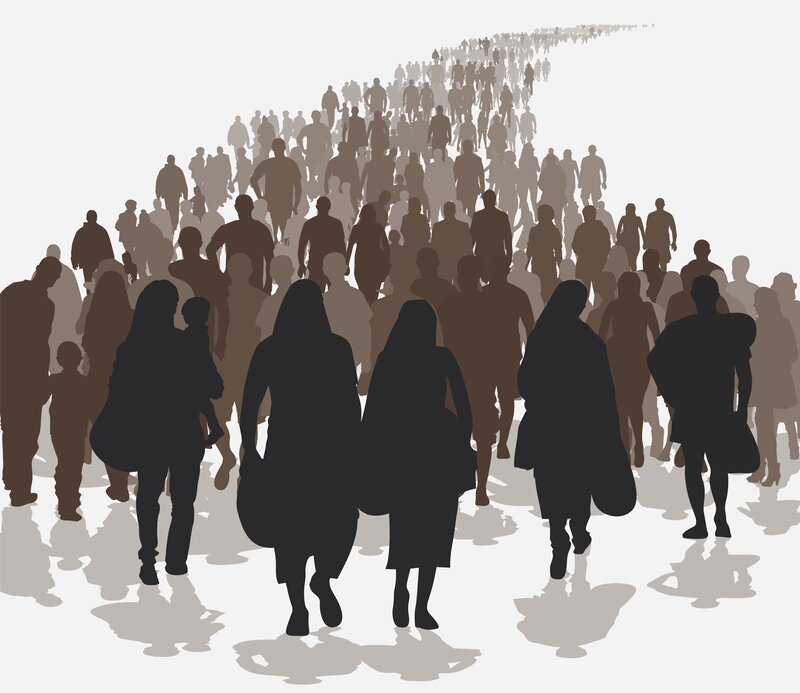
When we say home, we mean a place where we feel safe, comfortable and warm. For some people, it means gathering and happiness – a place that was not just built with stone and cement, but with many memories and love. In each corner of a home, there is a precious moment spent, which becomes a beautiful memory that cannot confine the meaning of home to one common definition.
After 15 April, when fighting began between the Sudanese Army Forces and the paramilitary Rapid Support Forces (RSF) in Sudan, for the people of Sudan, the meaning of home was threatened and for some, even lost with no safety, comfort and warmth anymore. People had to leave behind beautiful memories trapped between four walls. ‘We have to leave our homes!’ is the decision that many people in Sudan had to make – a decision they could not believe they would ever have to make.
Many people lost the sense of stability and normality of everyday life, having to leave Sudan in search of a safe haven. Omer Jaweesh, a 45-year-old Sudanese artist escaped from Khartoum to Juba, South Sudan, after 40 days of the war. Making that decision was not easy for him, having to leave everything he worked for and built behind, and move to a country he had never been to before and knew very little about it. However, deep inside him there was a voice guiding him to choose South Sudan as a second home for him. ‘I was trying to convince myself every day that tomorrow, this nightmare will end and life will get back to its normality, but that never happened,’ said Jaweesh. That was the hope many had, because people in Sudan went through many similar crises, but this time, it was different. The fighting is not coming to an end.
‘I was trying to convince myself every day that tomorrow, this nightmare will end and life will get back to its normality, but that never happened’
For Jaweesh, to reach a point of clarity about the situation and what had to do was a struggle for him. ‘We were at a crossroad when we decided to leave Khartoum, which destination to choose Cairo, Addis Ababa or Juba. We did not have enough time to study each option and try to look at probabilities. Things were getting worse, but this word, Juba, sounded so warm and comforting to the ear. I followed my feelings,’ said Jaweesh. ‘When I arrived in Juba, I felt like I was at home or more like moving from our home to see my grandmother who is living at the end of the street. From this point, I started to look at Juba as a second home, putting up a foundation is the task which needs to be accomplished for the time being,’ he added.
‘We were at a crossroad when we decided to leave Khartoum, which destination to choose Cairo, Addis Ababa or Juba. We did not have enough time to study each option and try to look at probabilities. Things were getting worse’
According to UNHCR, over 6,800 Sudanese refugees have crossed the border to seek safety in South Sudan since the fighting erupted in mid-April. South Sudan was already hosting more than 300,000 refugees and asylum-seekers, mainly from Sudan, in addition to more than 2.2 million internally displaced people.
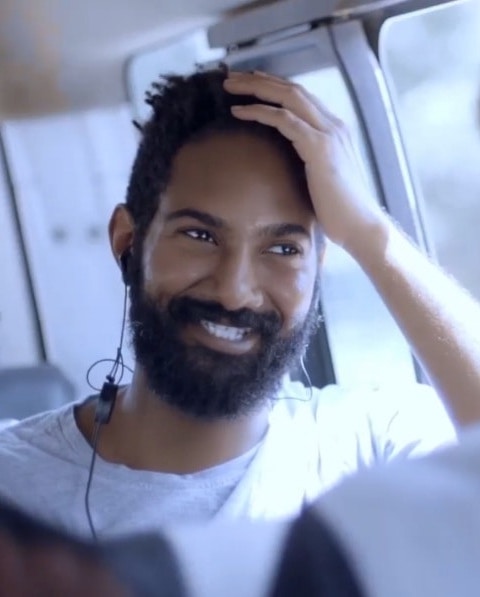
The war broke out on the 25th day of the holy month of Ramadan where many Muslims were fasting. The joyful Eid Al Fitr was just a week away. For Mahmoud Khalid, a 33-year-old Sudanese actor, that last week of Ramadan was supposed to be a chance to see his niece for the first time, but the war started on that Black Saturday morning. Like Jaweesh, Khalid was trying to convince himself that the situation would get back to normal soon. However, during these series of trials, he observed the sense of daily life was slowly disappearing and the sense of home and security has been disturbed by the sound of guns. After a month, he decided to leave Sudan. ‘I remember the fear that I had from the checkpoints, the feeling of despair to be safe, the feeling of disappointment of how things are going, and the fear of the unknown,’ he said.
‘I remember the fear that I had from the checkpoints, the feeling of despair to be safe, the feeling of disappointment of how things are going, and the fear of the unknown’
For many people who went through this experience, there was always a question that came into their mind, ‘Would this journey lead us somewhere safe?’ Then immediately, they are overcome with fear – fear of uncertainty and being a number among the missing people that no one knows anything about. However, along with these feelings, there is a deep desire to continue and survive, no matter the cost. One of the most relieving moments in such a journey is when you land in a safe place, knowing that you are out of the danger zone, and a deep cry overcomes you while watching a flashback of all that you went through. Then there is one final question: ‘What is next?’ This is what Khalid asked himself when he reached Dubai, the UAE. Look for a job? Try to resume university? Establish a new life? – more questions arose. However, Khalid decided to build a new home foundation, and described himself as a warrior, who will try his best to tell his story and the story of others from an artistic angle, showing the world how strong the Sudanese people are. ‘There are so many film directors and actors who are raising the name of Sudan high through their work, and I want to do the same for Sudan,’ he said. Inspired by Khalid’s words, one should ask ourselves what we can do for Sudan? – no matter where we are, inside or outside of the country.
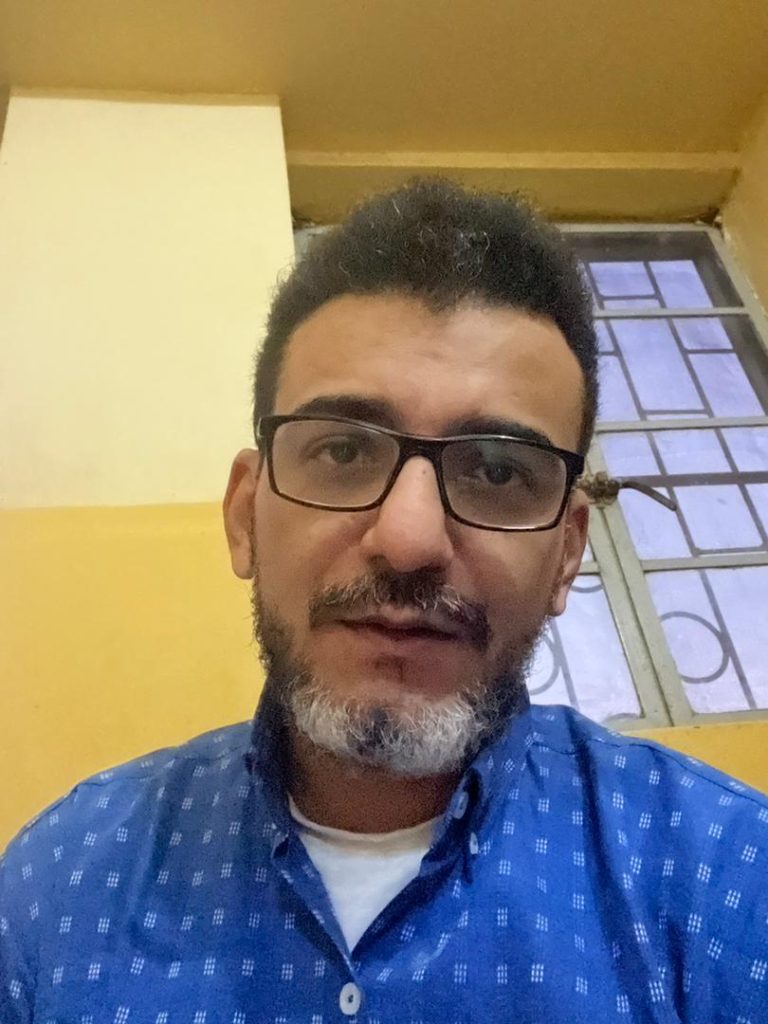
Just as Muslims were observing the holy month of Ramadan when the war broke out, Christians such as Orthodox Christians were observing Passion Week, also known as Holy Week, which is the time from Palm Sunday through Easter Sunday (Resurrection Sunday). However, they could not enjoy the feast. Antonious Hanalla, a 37-year-old Sudanese Coptic doctor was preparing himself to celebrate the Saturday of Light (Easter Vigil). ‘They closed El Mek Nimr Bridge, and we thought it is just like any other protest, and would go away with minimum losses, but the sounds of guns became so strong then we realised we are in something bigger and worse than ever,’ said Hanalla. As food, water and other basics necessities have begun to become scarce, Hanalla began to worry. However, to leave home to find basic necessities as a Christian with a tattoo of a cross was a great danger. The sense of safety and security is absent as the RSF, claiming to uphold Muslim values, would torment non-Muslims even more than Muslims.
‘We thought it is just like any other protest, and would go away with minimum losses, but the sounds of guns became so strong then we realised we are in something bigger and worse than ever’
Leaving Sudan was very complicated for Hanalla and his elderly father. Uncertainty was lingering everything even when they decided to move to Cairo, Egypt. ‘I had paused in the middle of our flat trying to figure out what collect for the journey. Everything was worthy and has a precious memory. It is hard to take them all, so I took enough money and some clothes, our important documents and that is all,’ said Hanalla.
Although he is beginning a new life in Cairo, Hanalla’s heart is still in Khartoum. ‘Khartoum for me is like a door that cannot be closed or something that can be ignored. We are starting a new life here in Cairo, but still, a day will come, and we will go back to home to find our memories there waiting for us,’ he said.
‘Khartoum for me is like a door that cannot be closed or something that can be ignored. We are starting a new life here in Cairo, but still, a day will come, and we will go back to home to find our memories there waiting for us’
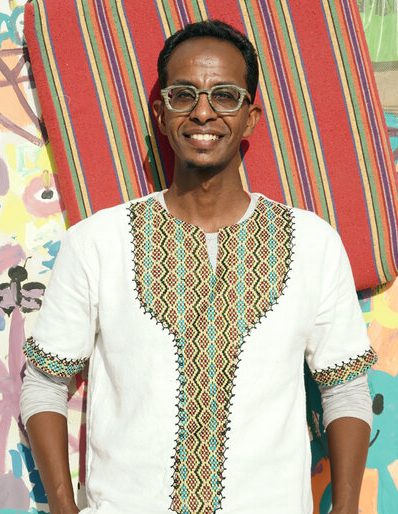
Starting is always hard and to keep continuing is even harder. The core of any success is determination, despite all ups and downs. Doing just that is Mohannad Haj, a 34-year-old Sudanese storyteller, who escaped from the war in Sudan to Cairo. ‘On the first day in Cairo, I entered my room and slept, and in anticipation of any collapse, I made a promise to myself – to keep going, to feel sad while I keep going, to be angry and suffer nostalgia while I keep going, and to keep learning and give a helping hand. I do not think that is wrong,’ he said.
‘I made a promise to myself – to keep going, to feel sad while I keep going, to be angry and suffer nostalgia while I keep going, and to keep learning and give a helping hand’
Life is a journey without a constant role. Sometimes it is fair and sometimes it is not. Some people are fortunate, and some are not. Regardless, we still have something to do for ourselves, and it is to keep on going because it is inevitable and there is no way but to continue, even if you disagree with new changes in companionship or even to your home. The foundation remains and so do we.
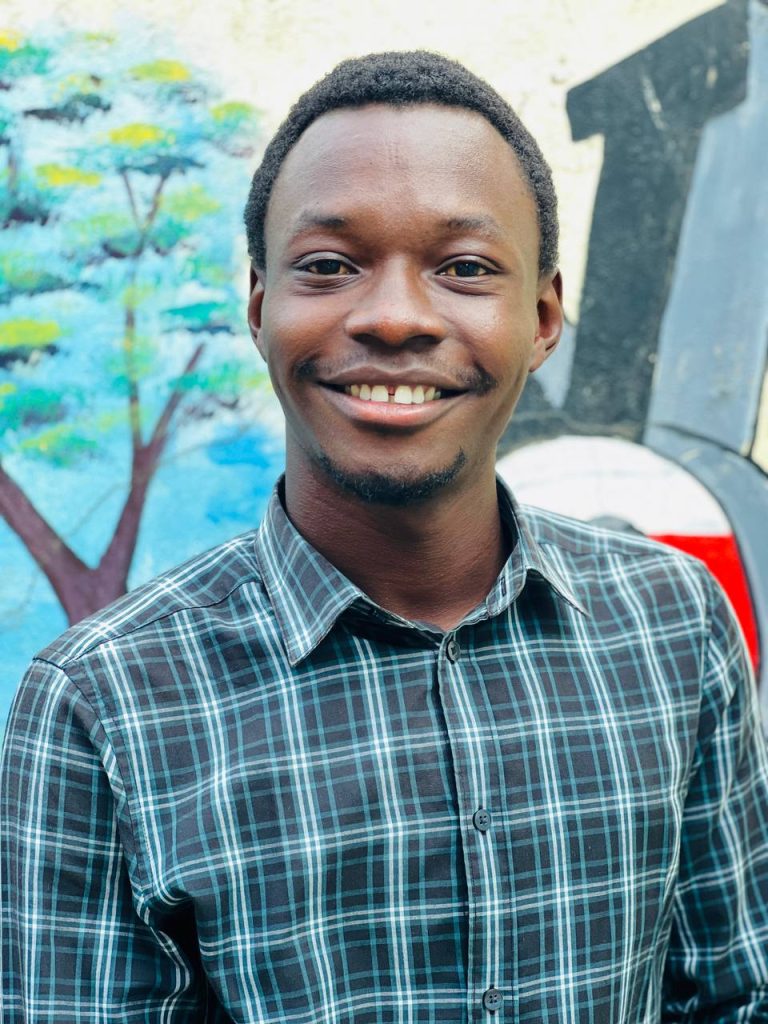
Butros Nicola Bazia is a 22-year-old South Sudanese medical student, who recently moved to Juba due to the ongoing war. He has a deep interest in art and culture. He works as assistant community manager and programme coordinator at Scenius Hub, and is the former radio producer at the University of Khartoum Radio.

